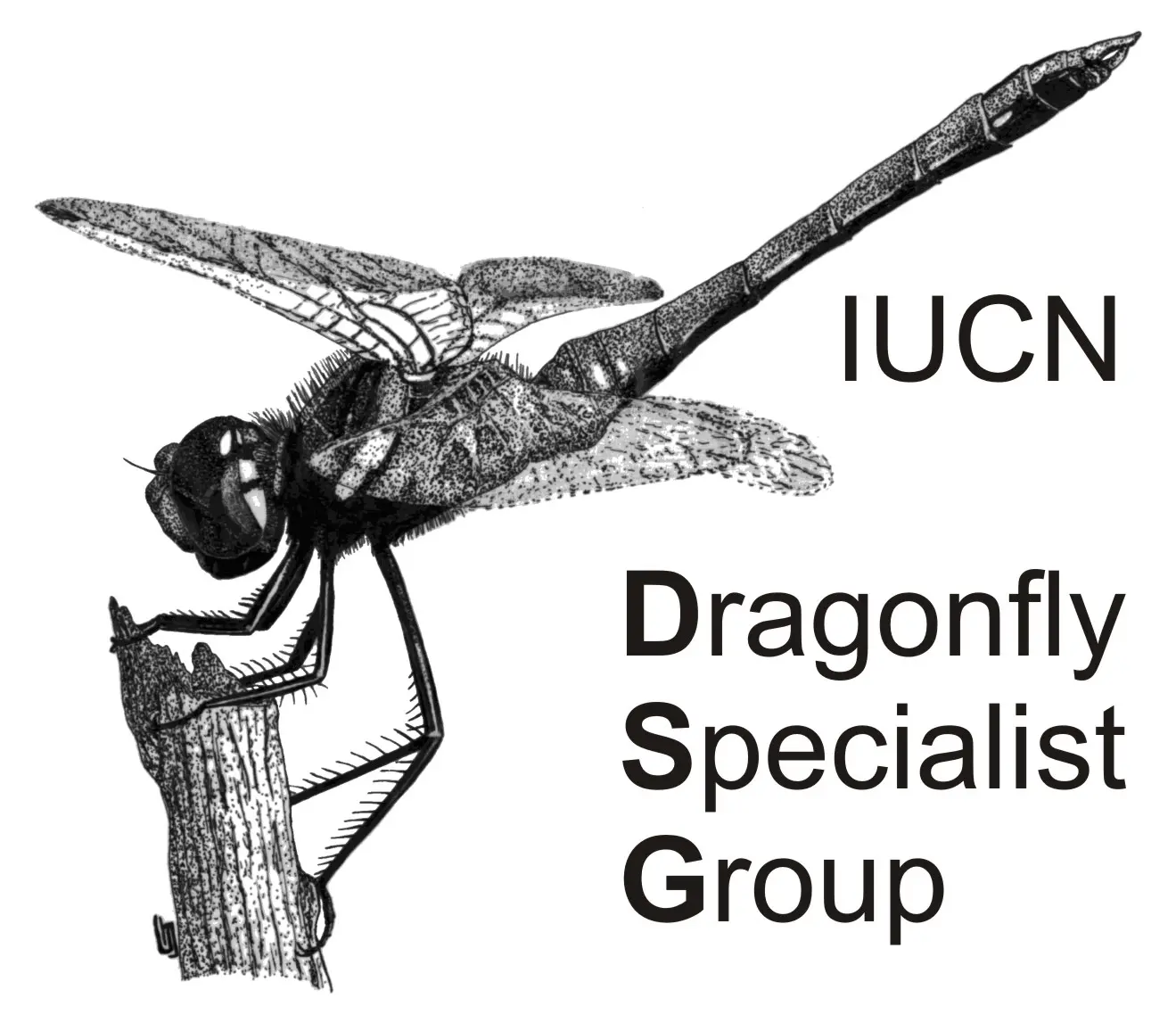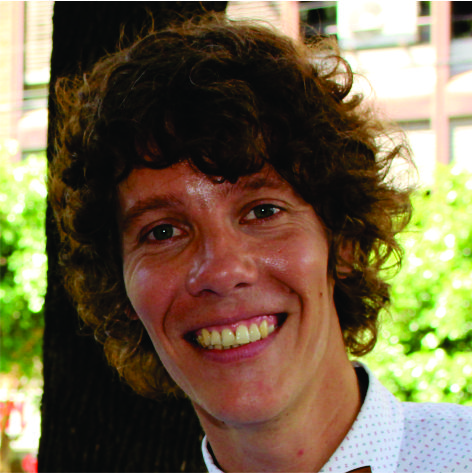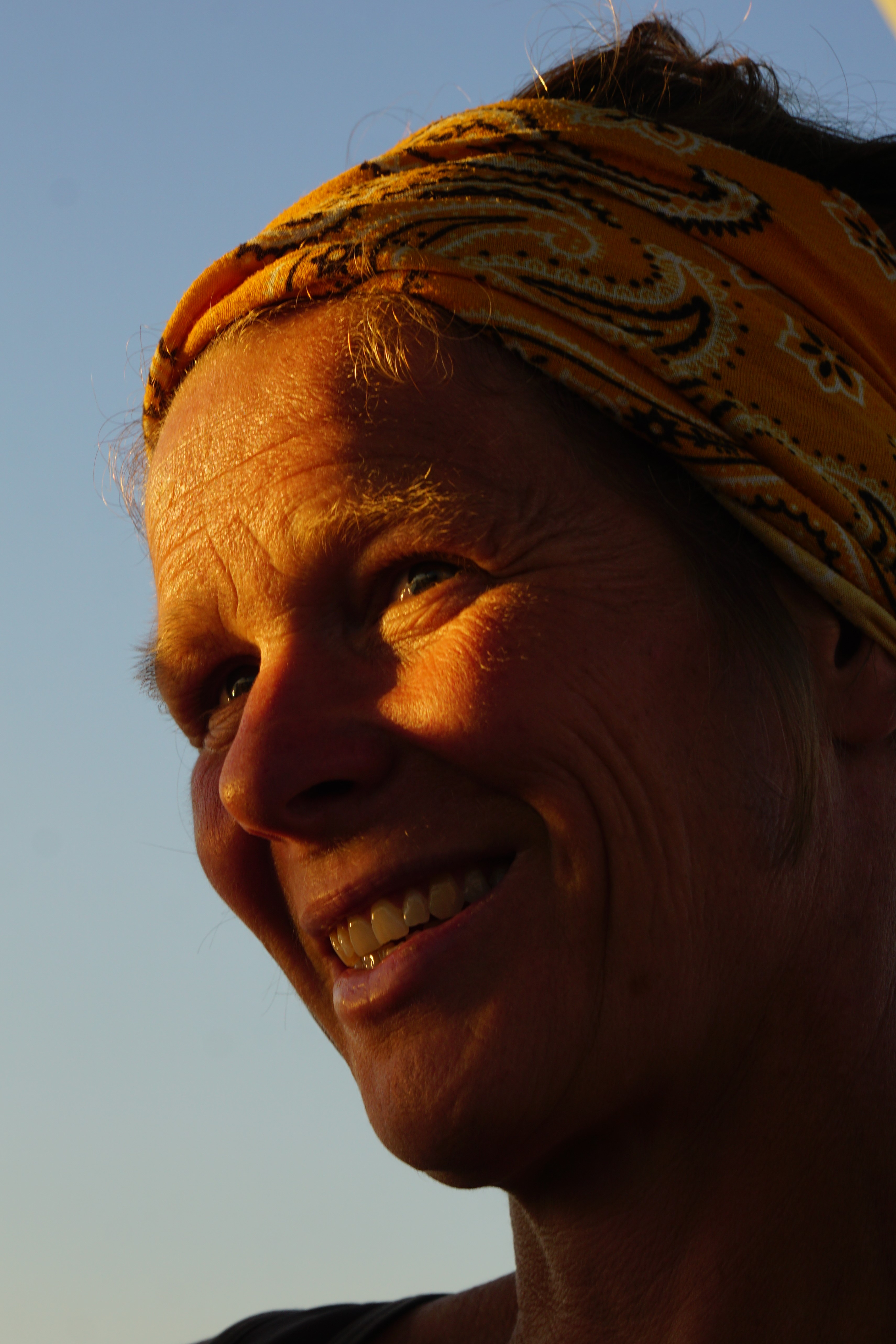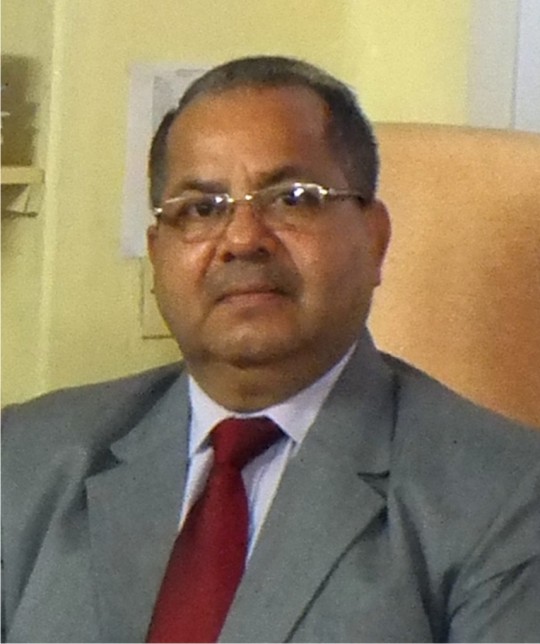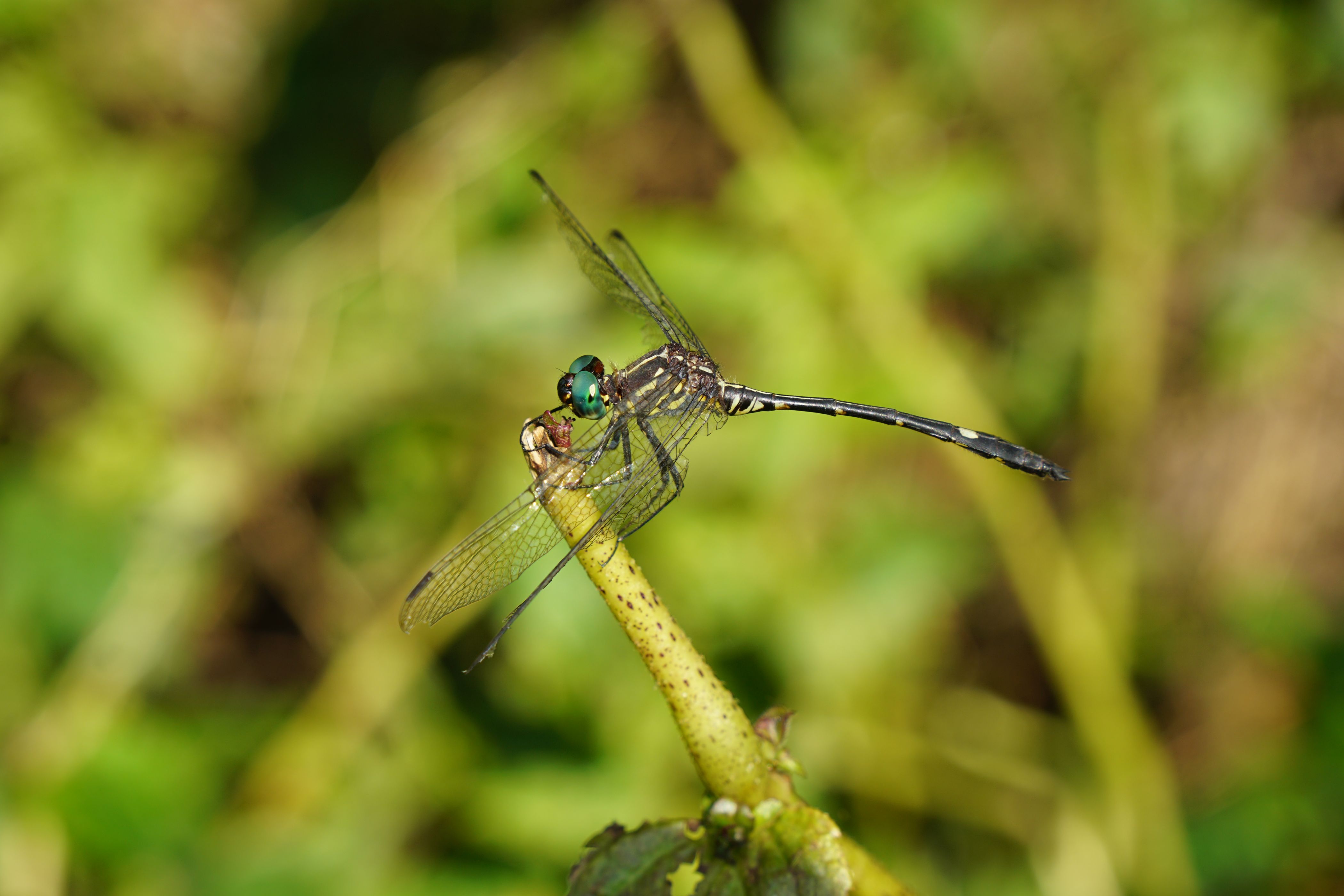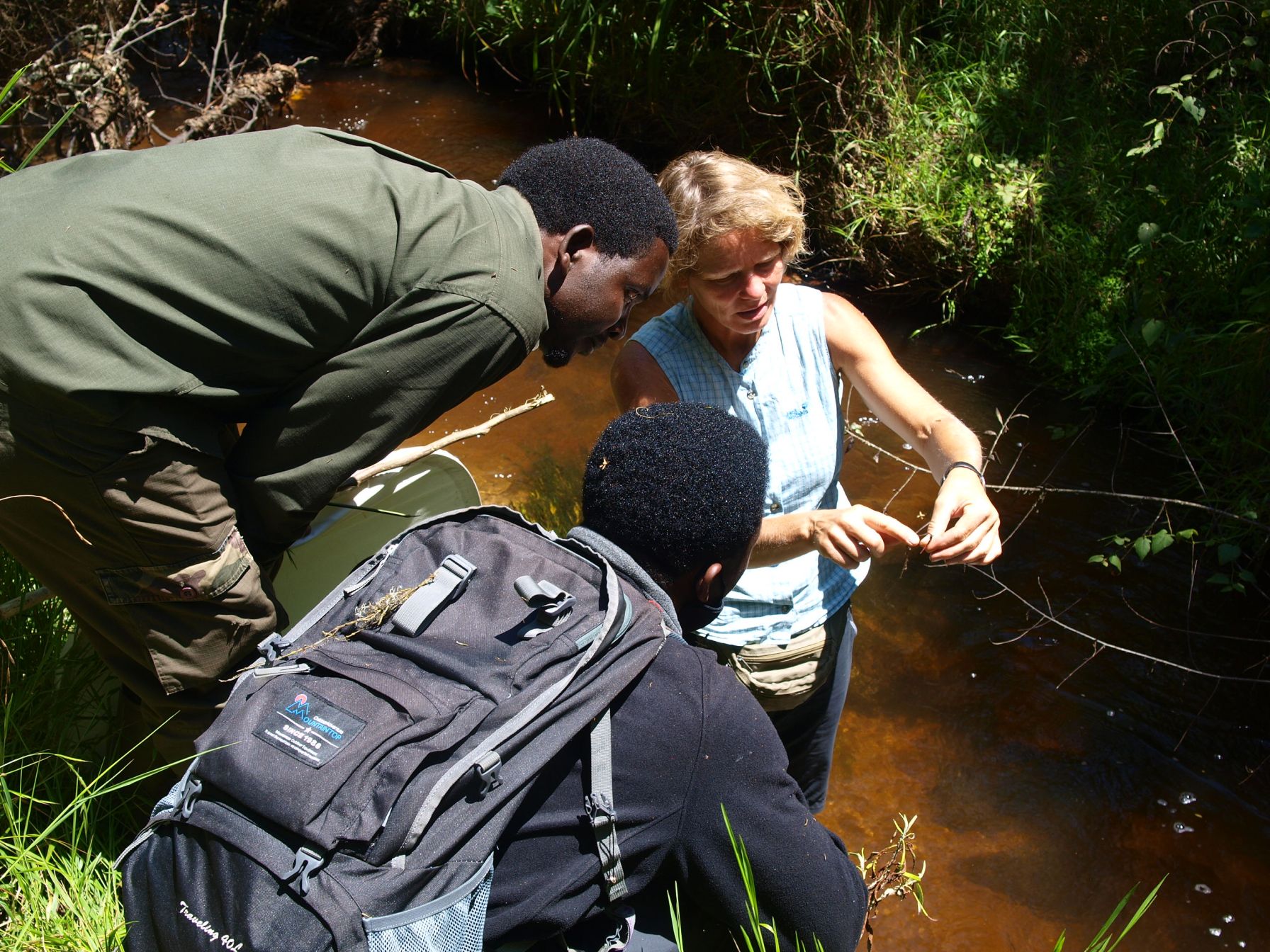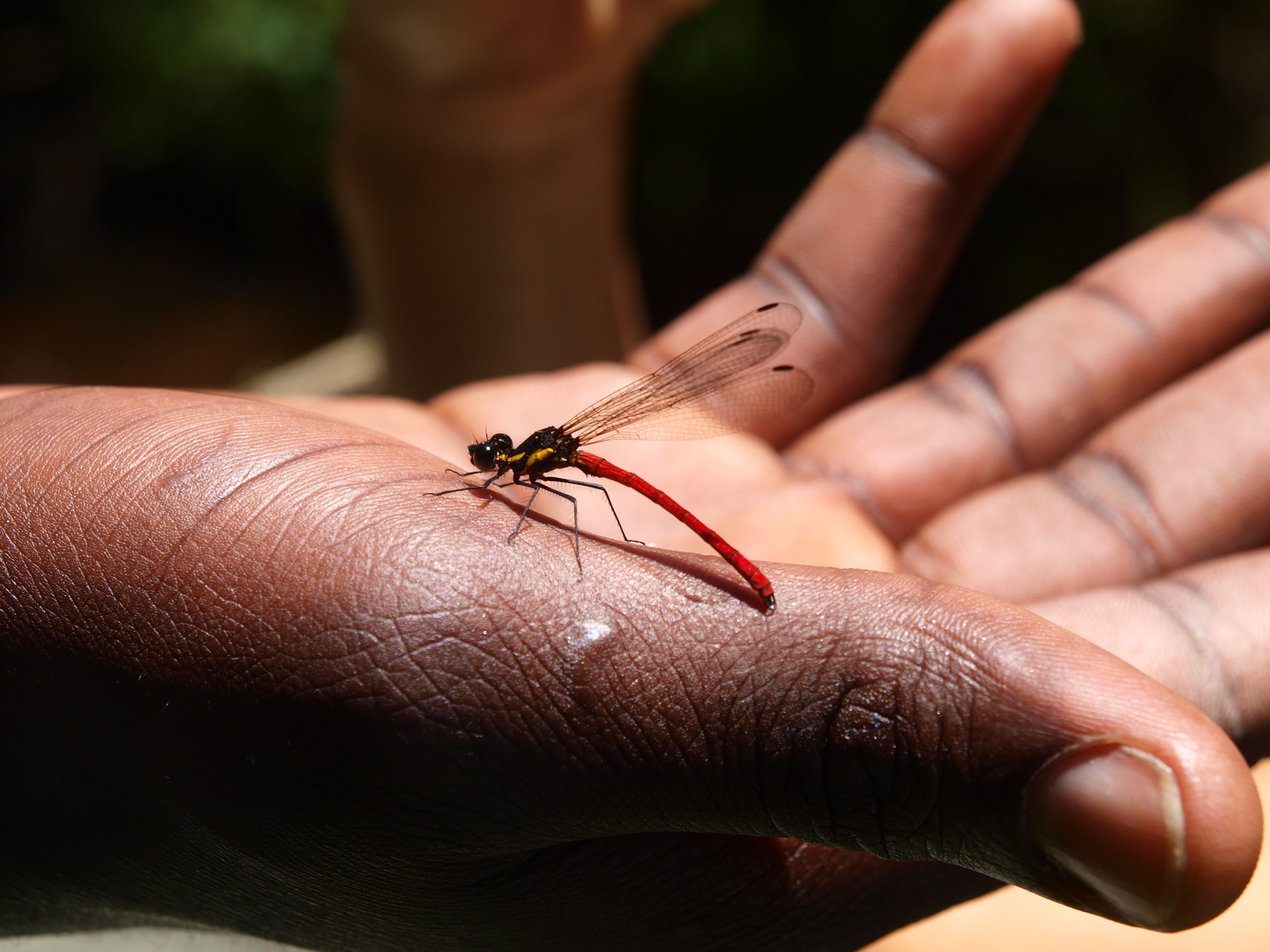Co-Chair
Personal Details: Born 23rd July, 1951, I completed MSc (Zoology) in 1974 and PhD (Entomology/Zoology) in 1978. I joined first the Malaria Research Centre (now National…
Personal Details: Born 23rd July, 1951, I completed MSc (Zoology) in 1974 and PhD (Entomology/Zoology) in 1978. I joined first the Malaria Research Centre (now National Institute of Malaria Research) in 1981 on a WHO-TDR research project on tribal malaria in south Gujarat, and subsequently the ICMR mainstream as Senior Research officer at Vector Control Research Centre, Pondicherry in 1984, and as Assistant Director and later Deputy Director at Desert Medicine Research Centre, Jodhpur in 1988. I finally joined first as the Scientist ‘F’ (Joint Director) (2000) and subsequently promoted to the rank of Scientist ‘G’ (Director) & Director in-Charge (2005/07) at the Centre for Research in Medical Entomology, Madurai (Tamil Nadu State) through a 35 years long and highly distinguished career in diverse medico-entomological researches, particularly the various vector-borne diseases (VBDs), in most of States and UTs in the country. Emeritated from the ICMR Service in 2013, with two years’ extension till 2015 with all administrative powers as heretofore, I was at once appointed first as the Visiting Fellow followed by Visiting Professor at Bharathidasan Univ., Trichy (TN) (2015-16) and subsequently as Visiting Professor at Punjabi Univ., Patiala (Punjab) (2017-19). For two tears I served as an International Consultant to the BCIL(DBT)- UN/FAO Sri Lanka Project on GMO and Biosafety. Since 2018 I have been serving as the Advisor, SpoRIC, VIT Univ., Vellore (TN). Now I am Expert Member, Scientific Advisory Board, RECKITT. Currently, I am Professor of Practice, Chandigarh Univ., Punjab, India.Born 23rd July, 1951, I completed MSc (Zoology) in 1974 and PhD (Entomology/Zoology) in 1978. I joined first the Malaria Research Centre (now National Institute of Malaria Research) in 1981 on a WHO-TDR research project on tribal malaria in south Gujarat, and subsequently the ICMR mainstream as Senior Research officer at Vector Control Research Centre, Pondicherry in 1984, and as Assistant Director and later Deputy Director at Desert Medicine Research Centre, Jodhpur in 1988. I finally joined first as the Scientist ‘F’ (Joint Director) (2000) and subsequently promoted to the rank of Scientist ‘G’ (Director) & Director in-Charge (2005/07) at the Centre for Research in Medical Entomology, Madurai (Tamil Nadu State) through a 35 years long and highly distinguished career in diverse medico-entomological researches, particularly the various vector-borne diseases (VBDs), in most of States and UTs in the country. Emeritated from the ICMR Service in 2013, with two years’ extension till 2015 with all administrative powers as heretofore, I was at once appointed first as the Visiting Fellow followed by Visiting Professor at Bharathidasan Univ., Trichy (TN) (2015-16) and subsequently as Visiting Professor at Punjabi Univ., Patiala (Punjab) (2017-19). For two tears I served as an International Consultant to the BCIL(DBT)- UN/FAO Sri Lanka Project on GMO and Biosafety. Since 2018 I have been serving as the Advisor, SpoRIC, VIT Univ., Vellore (TN). Now I am Expert Member, Scientific Advisory Board, RECKITT. Currently, I am Professor of Practice, Chandigarh Univ., Punjab, India.
Research Highlights: I have authored >700 scientific titles in various different bioscience disciplines, plus 41 books, incl. a Training Manual, “Biosafety for human health and the environment in the context of the potential use of genetically modified mosquitoes (GMMs): A tool for biosafety training based on courses in Africa, Asia and Latin America, 2008–2011”, published by World Health Organization (2015). I hold a patent for the invention of a ‘mechanical mosquito sampler’ (Patent # 191635), and have executed two Transfer of Technologies (ToT) as well as registered two additional potential patentable and/or ‘transferable’ technologies with the ICMR while still in service. I won the WHO-TDR First Prize in a worldwide competition in 1995 and the ICMR’s prestigious Dr. MOT Iyengar Memorial Award for Outstanding research work in the field of Medical Entomology and VBDs, in 2008. I served as the First National Representative in-Charge, National Office in India in 1981 onwards for the International Odonatological Society and the SIO’s Member representative on Odonata Specialist Group of the Species Survival Commission (IUCN) in 1985 onwards. Currently I am functioning either as editor or member of Editorial / Referee Board for >3 dozen international/national journals. I worked on all important vector-borne diseases prevalent in India’s different States and UTs, and was rated amongst the top 15 most productive authors on dengue (2004-2012) in India (cf. Gupta et al., 2014). In addition, I have been also serving as an expert on various research committees of ICMR, DRDO, DST, DBT-RCGM, ZSI etc. For my research projects I have generated funds from the WHO, Sanofi Pasteur, NVBDCP, DST, DBT, BMGF etc. worth ca. 10 Cr and have collaborated with several institutes across India and abroad. I was Coordinator for the first WHO/TDR Asian Regional Training on Biosafety pertaining to GM Vectors (2008-11), and an Expert Member of the Performance Evaluation Team for the NVBDCP (GOI) in 2008 and 2013. I am currently serving as the Founding President of (i) Society of Medical Arthropodology, and (ii) Indian Dragonfly Society. I am the originator of the annual National Conferences of Medical Arthropodology, commencing since 2007, last of which the 12th held in Kolkata (Nov. 25-26, 2019), all in India so far, whereas the subsequent 13th and 14th were virtual. I represented India in preparing the OECD’s Consensus Document on the dengue/Yellow Fever vector mosquito, Aedes aegypti Linn, published in 2018. I am Chairman, RCGM-DBT’s Subcommittee for formulation of biosafety guidelines to conduct and monitor research trials (CRTs) on Genetically Engineered (GE) mosquitoes. Currently I am an Expert Member of the DBT-RCGM Committee on GM insects.

